Taking a potshot on casteism, Sanjiv Jaiswal, the producer and director of the Shilpa Shetty, Manoj Bajpai and Shamita Shetty-starrer Fareb, is giving finishing touches to his next film <em>Shudra-The Rising</em> that he plans to release in September this year (2012). In a freewheeling interview with Movie Chakkar, he talked exclusively on the flick.
<strong>Tell us about your film <em>Shudra-The Rising</em>. What made you come up with this concept?</strong>
Submitted by
TellychakkarTeam
on
Wed, 07/04/2012 - 17:35
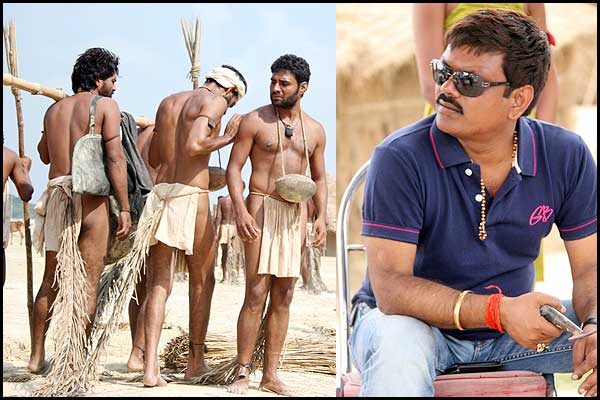
Taking a potshot on casteism, Sanjiv Jaiswal, the producer and director of the Shilpa Shetty, Manoj Bajpai and Shamita Shetty-starrer Fareb, is giving finishing touches to his next film Shudra-The Rising that he plans to release in September this year (2012). In a freewheeling interview with Movie Chakkar, he talked exclusively on the flick.
Tell us about your film Shudra-The Rising. What made you come up with this concept?
The film is totally based against casteism. Hindus have four divisions - Brahmin, Kshatriya, Vaish and Shudra. In reality, casteism is like poison for any society. Through my film, I want to show and tell people what happened in the social history of India and that it was just our past. I want them to change their mindset and come up with a new vision towards each other for better progression of the society and the country. Everybody thinks their cast to be more superior as compared to others, which is incorrect. Big crusaders like George Washington, Nelson Mandela, Martin Luther, Baba Bhimrao Ambedkar have always fought against this system.
Do you want to show that the Shudras are not blessed? Detail your motive behind such a hard-hitting film?
The motive behind this film is very simple, to break this tear-jerking system. There are certain rules for this caste of Shudras which are very hard-hitting as well as dangerous. I have tried to portray this through my film. For example, earlier people used to keep empty mugs outside their house for such low-class people, today too in many places people do follow the same system without having the understanding why is it done? According to me half knowledge is always dangerous. The message what I want to give through this film is “Equality against Casteism”. Today’s generation should not repeat the same mistake what our ancestors had committed earlier, I believe.
Do you really think that films with political themes are more popular?
No, at least, this is not my idea. Films are always believed to be a silent tool for revolution. If the artiste starts wearing bellbottom today, it becomes a trend. Similarly, in some way or the other, films have helped in development of society. I am just trying to highlight and explore this sector, and now it’s our new generation which really has to concentrate on this, to bring about a change in basic mindset. All people are equal.
While researching on this topic, did you come up with something new which people aren’t aware about?
(pauses) I was inspired by an old man with whom I used to generally chat in Lucknow. He had told me that nobody can even imagine what all the lower castes have gone through, it’s just beyond anybody’s imagination. This really clicked with me. Furthermore, in our conversation he mentioned that our history has highlighted only one Jalianwala Bagh incident, but harijans and shudras face a Jallianwala Bagh incident all their lives. After that one incident of Jallianwala Bagh, India got independence, but what about us, we still stand at the same place.
While talking, he had tears in his eyes. This made me realize that in most parts of our country they are still treated as animals. While it took nature, centuries to evolve animals into humans, we humans took just the caste system to convert them back into animals. How fair is this? This put me thinking and I decided to do something about it. Shudra –The Rising is my effort for a change.
Which parts of the country is this casteism more prominent and aggressive?
It is not about any particular state or country. It’s all over the world. The only difference is our way of seeing it as Kala-Gora, Red Indians-migrants, Catholic-Romans etc…
Why didn’t you cast any big star from the industry like how Amitabh Bachchan and Manoj Bajpai were cast for Aarakshan?
This is my first film as a director and also my subject is very sensitive. I never wanted to compromise on my storytelling. Secondly, I wanted things to go exactly the way I had planned. Another big reason was that I wanted to go along with what my subject demanded. I never wanted that pre-set image of the actor to come and overshadow the subject of the story. The image of an actor could dilute my movie’s strong subject and could take the focus away from the issue. I have gone with performers.
In UP and Punjab, screening of Aarakshan was banned and they demanded editing of few scenes. Do you think Shudra may face a similar problem?
Their subject was different, where their promotion had given the impression that it is anti reservation. May be because of that, there were bans against them in three states. Mine is a social issue and it’s depicting history which is very much true. So I don’t think any NGO or political party or any community would impede me.
Where did you source your artistes from? Was there any workshop conducted to train them?
They are all theatre artistes from Mumbai because I needed performers and not
actors. For me, my characters and my subject were more important. We did a 20-day workshop but it was most unusual. Instead of taking a workshop trainer, I decided to hold a very practical activity for them. I picked an entire village of Harijans along with their animals, home business and kids and relocated them in my shooting location.
I left my actors in the middle of these people and told them to live and learn their way of life. For 20 days they lived, ate and slept with real villagers like they do and by the time we started the shoot, it was impossible to tell my actors from the villagers. Whenever we needed any our artiste for a particular shot, we had to really search for them amongst the crowd.
You said that our system till date is following this callous segregation of casteism. How will one film change it now?
During the course of time, things have changed a bit, but it’s not enough. We need to bring this inhuman practice to the notice of the current generation. Even they should know. Learning about this in the school doesn’t help completely. There is much more reality which they should be aware of. This is possible today. Any news or views can reach the entire public through media very fast.
Earlier too there were many films made on the same story line like Dalit, Acchut Kanya, Sujata etc. What differentiates Shudra… from all these?
I know my subject is not new. Dadamoni (Ashok Kumar) has worked a lot on these types of movie but mostly they were stories of an individual character. I have raised it for an entire community and shabby inhuman treatment given to them by the so-called upper castes. It’s on larger scale.
Have you ever encountered a situation where in an achiever in life is from lower cast but is unwilling to talk about his cast status because he is ashamed of the fact?
Yes, there are people who don’t want to reveal that they are from lower cast….why? What makes you feel ashamed of the fact is my question to all who try to cover their identity. God has gifted us this life so you should be proud to admit that yes I belong to this caste. Try and make it so good that you become an example and inspiration for others to follow. If a person belonging to the caste only is ashamed of the fact then how can others who believe themselves to be higher change their thought process?
Like the Kshatriya samaaj, Agrawal samaaj etc, is there any Shudra samaaj existing in India to support their fellow people?
Yes, Shudra’s do have a samaj of their own. Plus many NGOs are also run to look after them. Many have also converted themselves to Buddha religion because of excess crudeness on them. Eventually religion is for men, men are not for religion.
Have the Samaaj people seen your film and are they supporting you in any way?
Yes, a few days ago, I was called to Pune by the Shudra samaaj people there. They also shared with me lots of fact. Each one of them was well studied and they appreciated my efforts to bring awareness about the realities of their life. They valued my work and gifted me one of their book that carries entire details about their past.
Like

0
Love

0
Haha

0
Yay

0
Wow

0
Sad

0
Angry

0


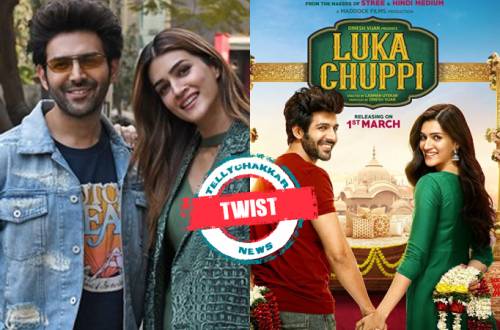
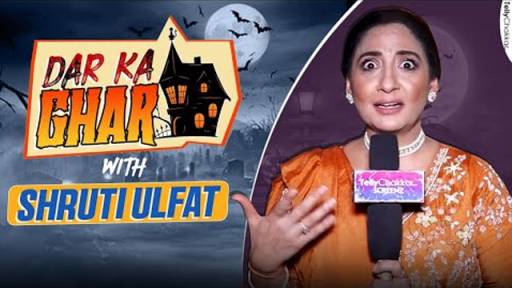
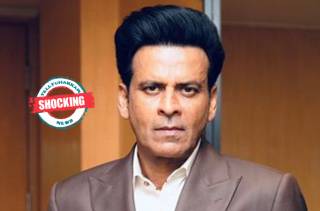
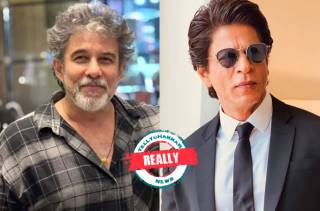
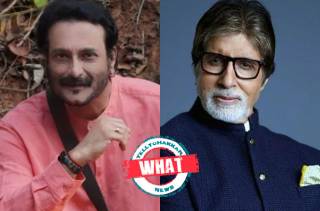

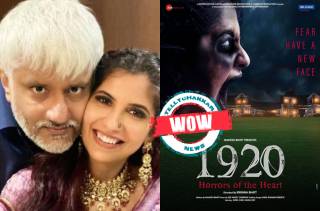

Add new comment